The space industry is growing at an impressive pace and 2024 promises many big achievements and milestones from many new startups.
1. Spin Launch
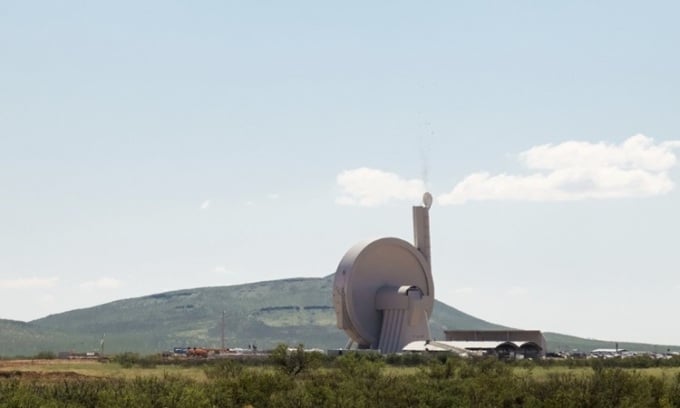
NASA's suborbital accelerator launches its experimental payload. Photo: SpinLaunch
2024 could be a big year for SpinLaunch, which aims to revolutionize the small cargo market by launching payloads into low Earth orbit using a centrifugal system called Orbital Launch. In 2022, SpinLaunch will launch a NASA test payload into space using the Suborbital Accelerator, accelerating a payload weighing up to 10,000 grams to 5,000 miles per hour before launching it 30,000 feet into space. With this successful test, the company is one step closer to commercializing the system.
2. Green Launch
Like SpinLaunch, Green Launch also wants to revolutionize the small satellite launch industry by launching CubeSats without rockets. Instead, the company's artillery-like hydrogen-impulse launcher will fire satellites straight into low Earth orbit. Green Launch co-founder Eric Robinson says the company's launcher can fire payloads into orbit in 10 minutes at Mach 20 (24,696 km/h). Not only that, he claims this launch method will have the lowest environmental impact (per kilogram) of any orbital launch system.
3. PLD Space
Spain's PLD Space became the first European startup to successfully launch a suborbital rocket last year, a potentially turning point for the European space industry, which has struggled in the past year due to its overreliance on Arianespace. PLD Space's Miura 1 rocket is the precursor to the Miura 5 orbital launch vehicle, which will fly from Europe's spaceport in French Guiana. The company aims to fly the Miura 5 as early as next year, meaning 2024 will be a busy year as it conducts engine testing and pre-launch technology validation.
4. Impulse Space
Impulse Space recently introduced its Helios vehicle. The company, founded by former SpaceX engineer Tom Mueller, aims to revolutionize last-mile cargo delivery. According to the company, Helios will allow companies to reach geosynchronous orbit (GEO) at a lower cost. Helios uses a space-based propulsion system to deliver payloads into orbits that were previously only accessible by heavy rockets.
5. Relativity Space
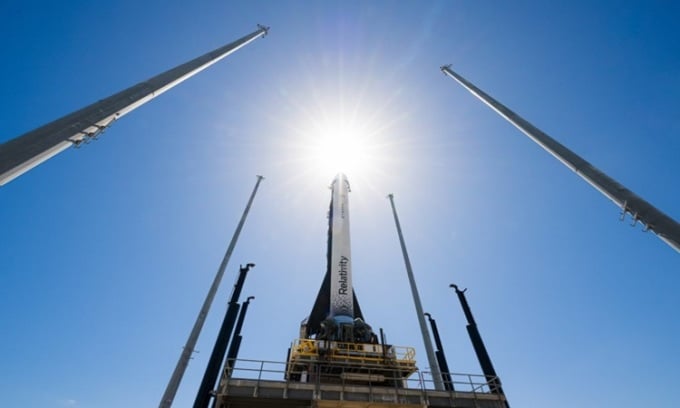
Terran-1 rocket on the launch pad. Photo: Relativity Space
Relativity Space made headlines last year when it launched the world’s first rocket made almost entirely of 3D-printed parts. While the company’s 3D-printed Terran-1 rocket didn’t reach orbit, it concluded that the launch vehicle was successful, helping it collect a wealth of data to develop the Terran-R rocket. This year, the company will focus heavily on developing the Terran-R, which is scheduled to launch as early as next year. It’s also teaming up with Impulse Space to become the first two private space companies to launch a lander to Mars.
6. Space Pioneer
Founded in 2018, Chinese startup Space Pioneer became the world's first private company to launch a rocket into orbit on its first attempt. In April 2023, Space Pioneer's Tianlong 2 rocket launched from the Jiuquan launch facility in northwest China. It is also the first company in China to launch a rocket using liquid propellant.
7. Gravitics
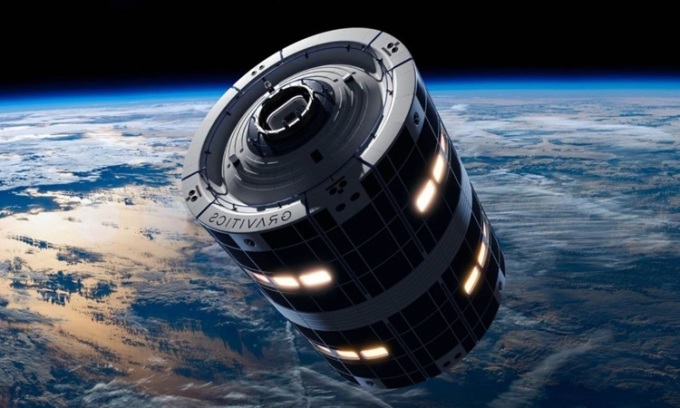
Simulation of the StarMax module in orbit. Photo: Gravitics
Startup Gravitics recently raised $20 million in funding to develop its StarMax modular space station unit that could be used to build habitats in orbit. According to the company, each StarMax unit has a volume of 400 cubic meters. Such technologies could help usher in a new era of private space stations that could accommodate space tourists as well as orbital laboratories.
An Khang (According to Interesting Engineering )
Source link


![[Photo] Closing of the 11th Conference of the 13th Central Committee of the Communist Party of Vietnam](https://vstatic.vietnam.vn/vietnam/resource/IMAGE/2025/4/12/114b57fe6e9b4814a5ddfacf6dfe5b7f)
![[Photo] Overcoming all difficulties, speeding up construction progress of Hoa Binh Hydropower Plant Expansion Project](https://vstatic.vietnam.vn/vietnam/resource/IMAGE/2025/4/12/bff04b551e98484c84d74c8faa3526e0)








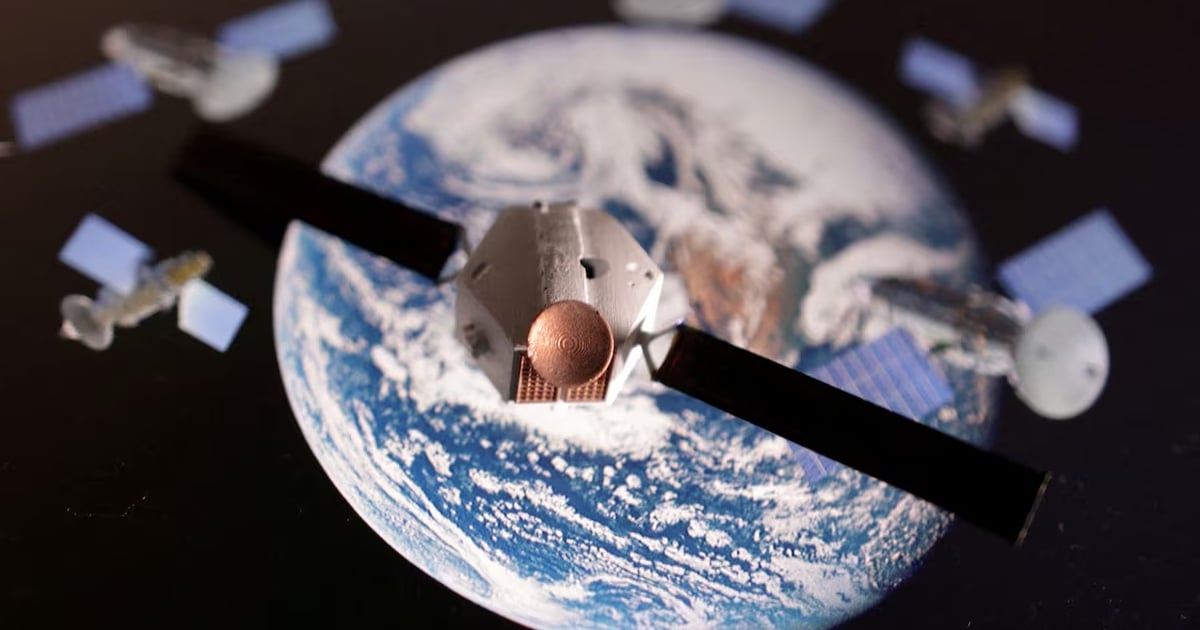
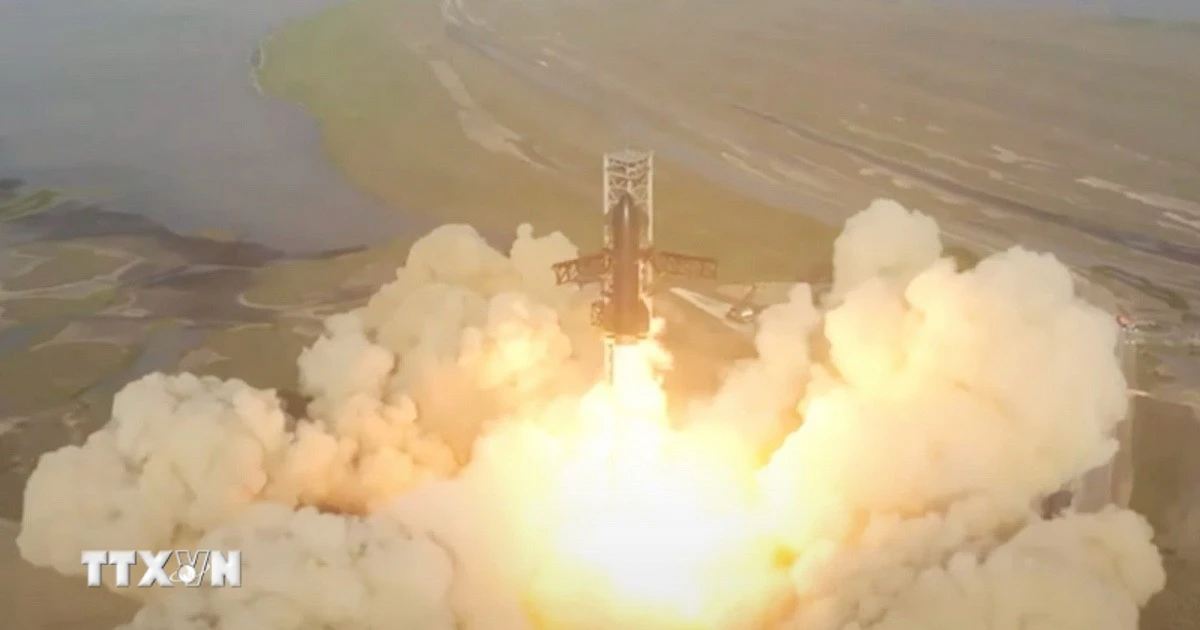


















































































Comment (0)